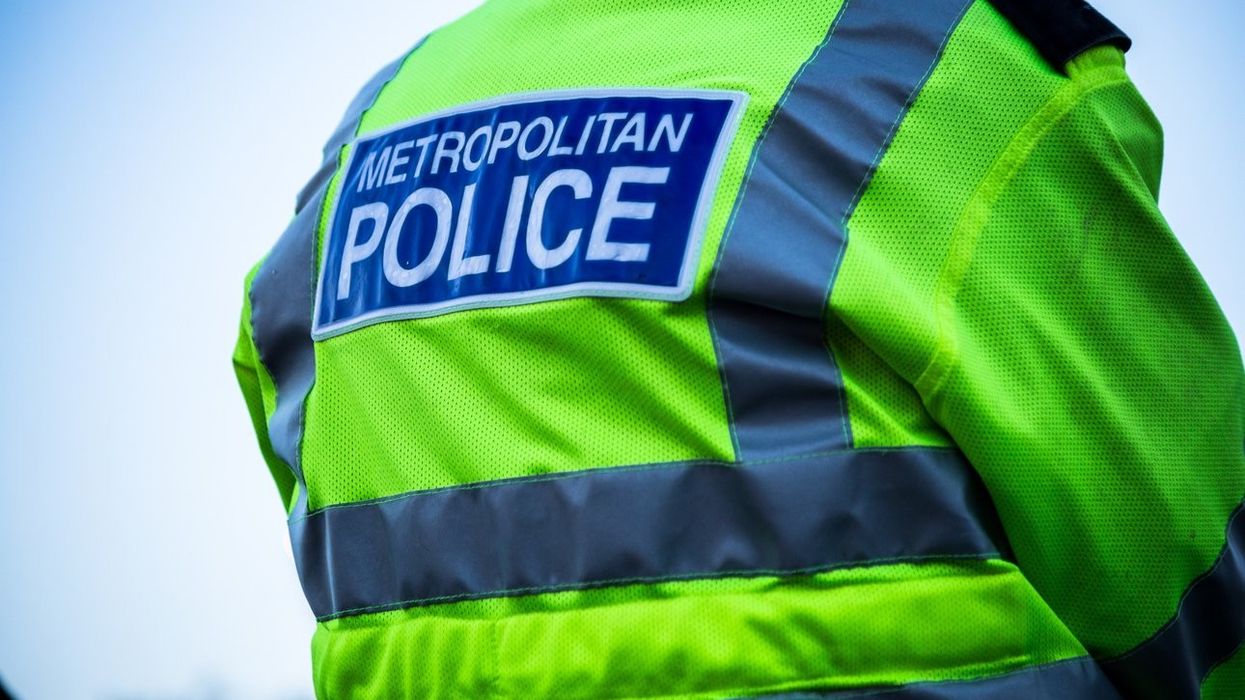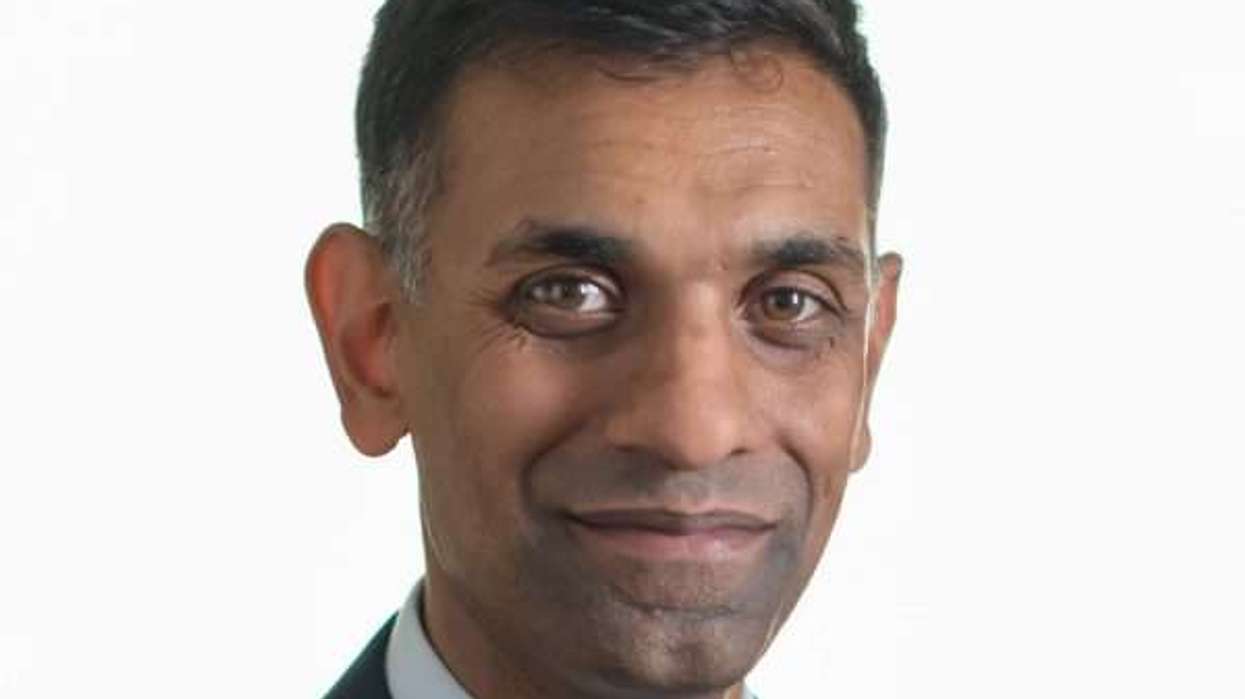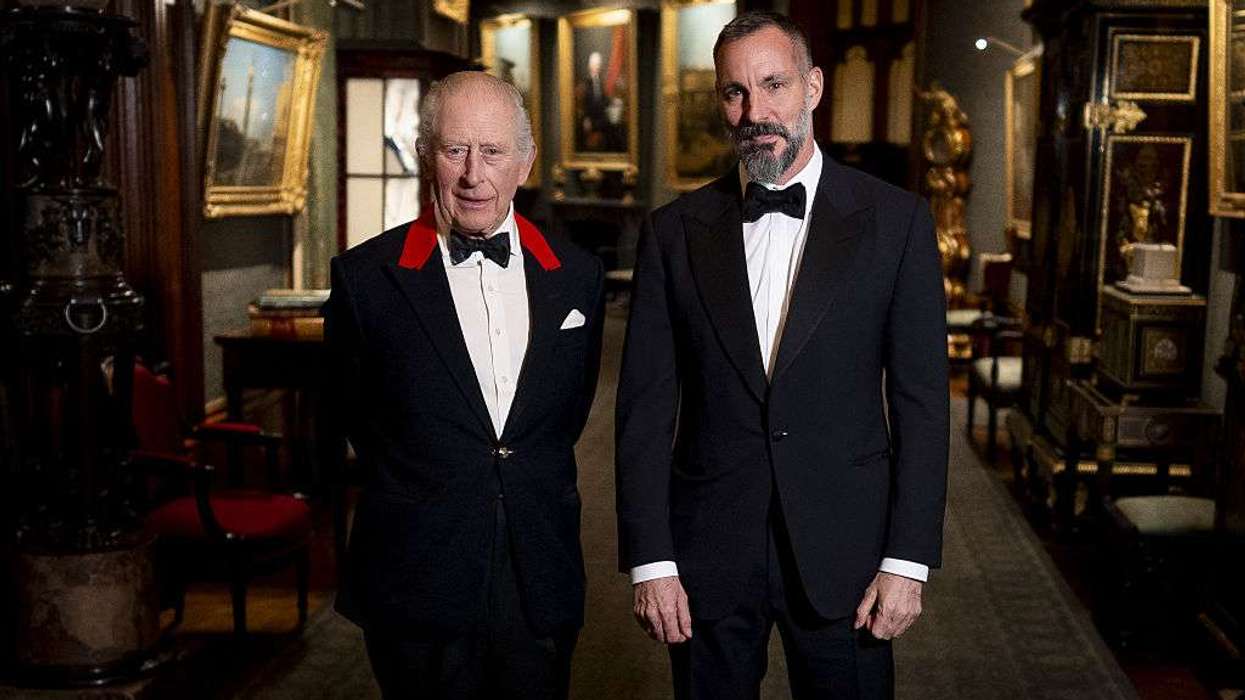THE METROPOLITAN POLICE has announced plans to cut 1,700 officers, PCSOs, and staff due to a £260 million budget deficit.
The force will also scale back several services, including the removal of the Royal Parks Police team and officers stationed in schools.
At the end of last year, Met Commissioner Sir Mark Rowley warned of significant cuts that could have resulted in the loss of 2,300 officers.
While the Met has secured additional funding from central government and the Mayor’s office, it stated that the financial support was insufficient to avoid difficult decisions, the BBC reported.
The Met said it would not be making redundancies but would achieve savings by reducing recruitment and not replacing those who leave.
It added that frontline services, such as neighbourhood policing, tackling violence against women and girls, and force reform efforts, would be protected.
Planned cuts include a 10 per cent reduction in forensic services, an 11 per cent cut to historic crime teams, a 25 per cent reduction in mounted police, and a 7 per cent cut to dog teams.
The force also indicated that front counter opening hours would be restricted, and firearms might be removed from the Flying Squad. The Met has received an additional £32 million, which could reduce the scale of some cuts.
Metropolitan Police Federation General Secretary Matt Cane told the BBC the cuts would significantly impact policing in London.
Mayor of London Sir Sadiq Khan blamed the funding crisis on the previous Conservative government, while shadow home secretary Chris Philp criticised Labour’s financial settlement.
City Hall Conservatives have called for home secretary Yvette Cooper to intervene, while local officials and community leaders have expressed concerns over the impact of the cuts on public safety.





